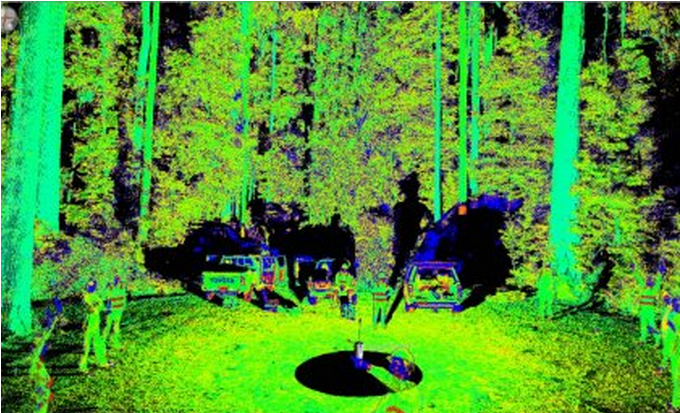Eco model tools expand
 A web-based platform is transforming how researchers and policymakers tackle biodiversity and climate challenges.
A web-based platform is transforming how researchers and policymakers tackle biodiversity and climate challenges.
By simplifying ecological modelling, EcoCommons Australia enables faster, more reliable insights for conservation and sustainability.
The platform integrates advanced tools and trusted datasets to address critical environmental issues, such as habitat restoration and species conservation.
A recent article in Environmental Modelling and Software outlines its impact, highlighting its ability to streamline research and decision-making for academics, businesses, and governments.
EcoCommons dramatically reduces the time spent on data preparation.
“The EcoCommons platform provides seamless and accessible access to advanced modelling tools and trusted data for biodiversity and climate, with results that can be relied upon by researchers, practitioners and decision makers,” says Professor Brendan Mackey, Director of Griffith Climate Action Beacon at Griffith University.
Dr Jenna Wraith, senior data scientist at Queensland Cyber Infrastructure Foundation (QCIF), has noted its speed and transparency.
For example, modelling habitats for the endangered Purple Copper Butterfly in New South Wales, once a days-long process, now takes minutes.
“EcoCommons enables researchers to easily reproduce and ‘tweak’ the analyses shared by others, promoting democratised research and ensuring transparency and best practices in science and decision-making,” she said.
EcoCommons was developed through extensive consultation, including a survey of nearly 400 responses from about 150 organisations.
Feedback shaped its user-centred design, which prioritises accessibility, transparency, and adherence to international standards, such as those for species distribution modelling.
The platform includes nearly 60,000 datasets, access to another 100,000, and more than 30 integrated algorithms.
This enables researchers to perform cutting-edge modelling while reducing barriers to collaboration and reproducibility.
EcoCommons builds on earlier projects like the Biodiversity and Climate Change Virtual Laboratory and ecocloud, leveraging years of technological development.
Hosted at QCIF, it is supported by institutions such as the Australian Research Data Commons, Griffith University, CSIRO, and The University of Melbourne, with funding from the Queensland Government.
The system’s modular design ensures scalability, positioning it to expand into areas such as agriculture, hydrology, and biosecurity.
It aligns with national initiatives like the ARDC’s Planet Research Data Commons, creating a powerful foundation for integrating big data and environmental analytics.
More details are accessible here.







 Print
Print


